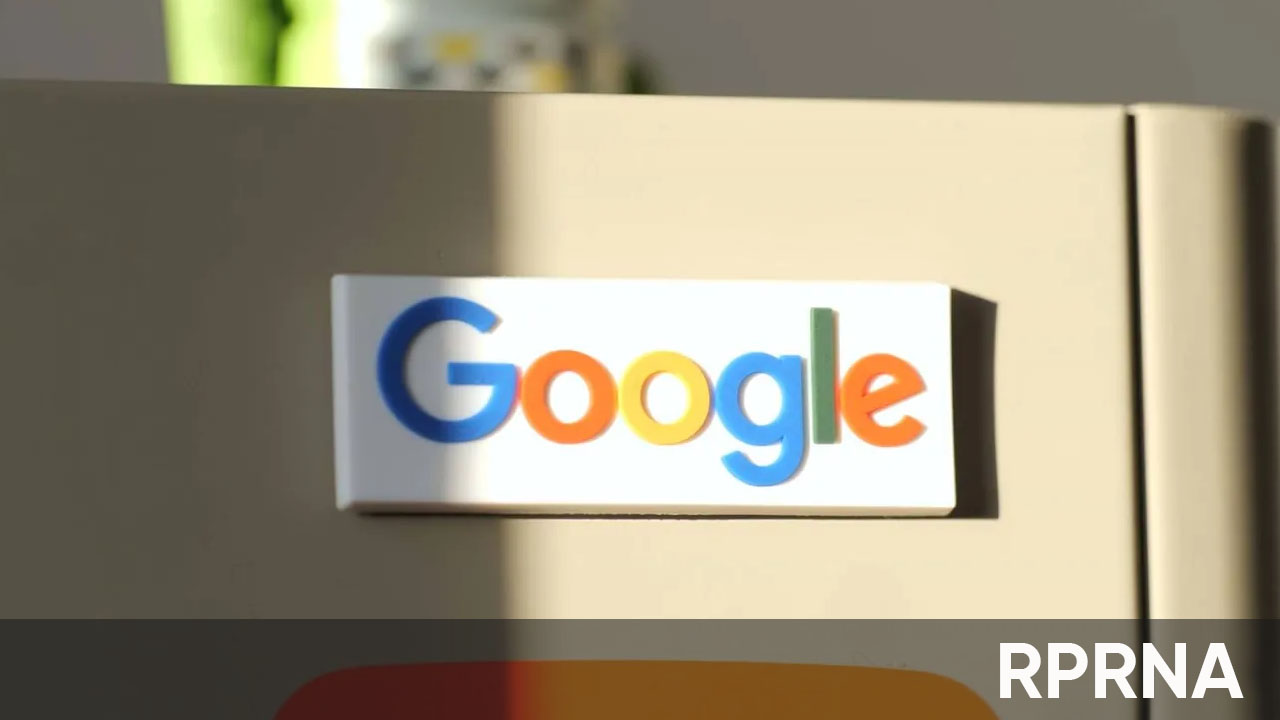Top 3 Key Points:
- Google was found guilty of maintaining a search monopoly.
- Court rules against Google’s deals with Apple and others.
- Google plans to appeal the decision.
A U.S. District Court judge has ruled that Google illegally maintained its monopoly in online search. This decision, issued by Judge Amit P. Mehta, marks a significant setback for Google, with potential changes in how it operates and possibly altering the internet landscape.
Judge Mehta concluded that Google misused its monopoly power by paying companies like Apple to make its search engine the default on their devices and browsers. This lawsuit, initiated by the Justice Department and several states in 2020, argued that Google’s payments to companies like Apple, Samsung, and Mozilla stifled competition. In 2021, Google spent $26 billion to secure its position as the default search engine on various platforms, with about $18 billion going to Apple.
The court found that these practices prevented other search engines from growing and competing. Judge Mehta stated, “Google is a monopolist, and it has acted as one to maintain its monopoly,” citing a violation of Section 2 of the Sherman Act, which prohibits monopolistic practices.
Kent Walker, Google’s president of Global Affairs, announced plans to appeal the ruling, defending the company’s actions as beneficial to consumers and advertisers. Walker emphasized that Google’s superior search engine earned it the trust of users and that the court’s decision would unfairly limit its availability.
This ruling concludes a long legal battle against Google, with the Department of Justice and 38 states and territories alleging that Google’s practices blocked competitors like Bing and DuckDuckGo. The case has significant implications, particularly in a political climate where tech regulation is a hot topic.
The outcome could also influence other ongoing antitrust lawsuits, including cases against Apple, Meta, and Amazon. Furthermore, this decision may affect the Justice Department’s separate antitrust case against Google’s digital ads business, set to begin in September.
The judge has yet to decide on remedies for Google’s behavior, which could range from operational changes to possibly breaking up parts of the business. This echoes the historic Microsoft antitrust case, where the company faced significant changes despite avoiding a breakup.
In summary, this ruling against Google’s agreements with Apple and other companies signals a critical moment in antitrust enforcement, potentially reshaping the tech industry and its competitive dynamics. Google is expected to appeal, setting the stage for continued legal battles.





